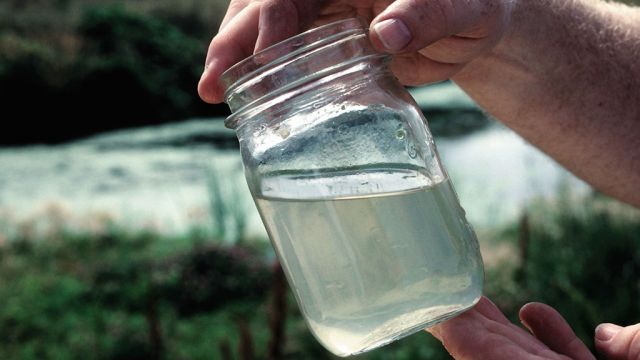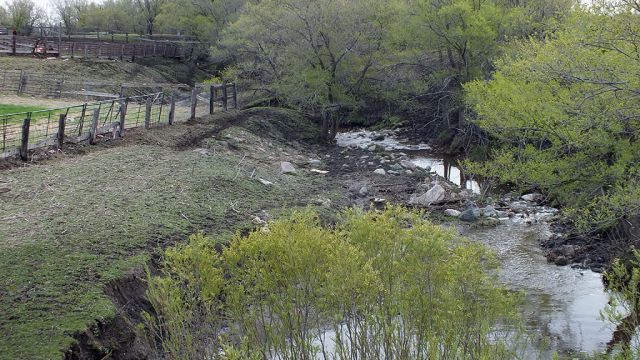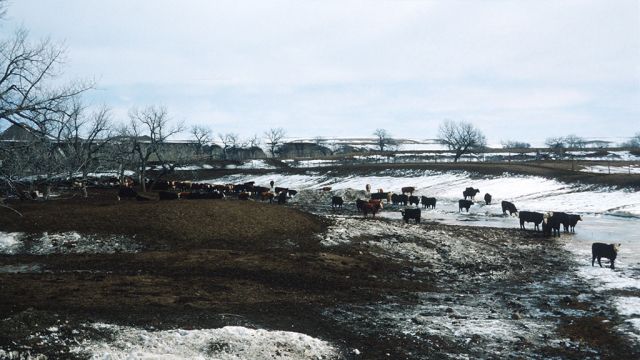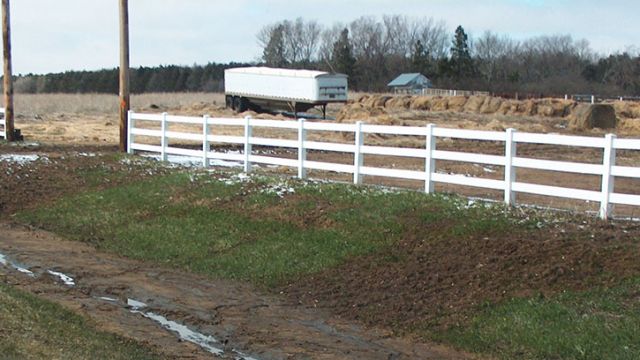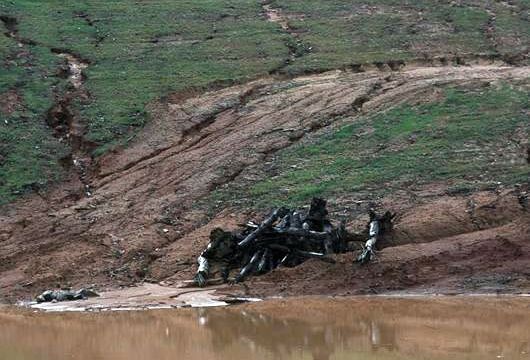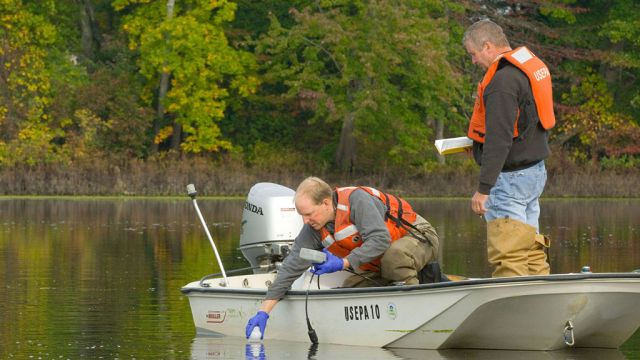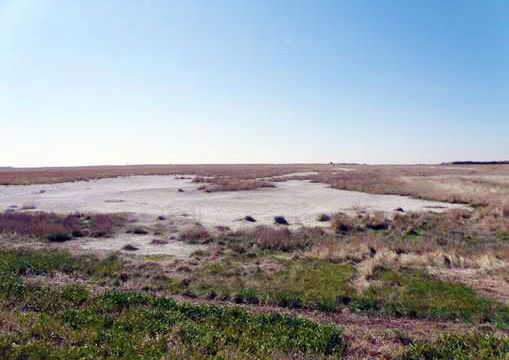
Elevated Water Temperature
As water temperature rises, there is a corresponding decrease in the availability of oxygen, carbon dioxide, and other gases important for aquatic life. Elevated water temperature can increase the dissolving of minerals that can further degrade water quality.
Excess Chemicals, Manure, or Bio-Solids in Ground or Surface Water
Pathogens, pharmaceuticals, and other chemicals are transported to receiving waters in quantities that degrade water quality and limit use for intended purposes. This resource concern also includes the offsite transport of leachate and runoff from compost or other organic materials of animal origin.
Leachate is a liquid that drains from a landfill. It usually contains both dissolved and suspended materials.
Excess Sediment in Surface Water
Sediment is the loose sand, clay, silt, and other soil particles that settle at the bottom of a body of water. Offsite transport of sediment from sheet, rill, gully, and wind erosion into surface water threatens to degrade water quality and limit use for intended purposes.
Nutrients in Ground or Surface Water
Nutrients – organic and inorganic – are transported to receiving waters through surface runoffs and/or leaching into shallow ground waters in quantities that degrade water quality and limit use for intended purposes.

